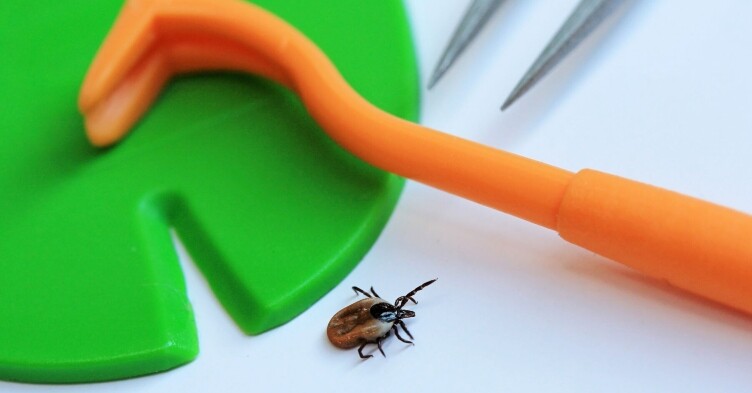Diabetes medicine could help people drink less alcohol, research suggests

A diabetes medication which is thought to target the brain’s reward centre could be effective in reducing alcohol use in the future, a new study suggests.
Researchers at the University of Nottingham analysed whether a type of diabetes medication known as GLP-1 receptor agonists (GLP-1 RAs) could help people cut down the amount of alcohol they consume.
Related Article: Consultation proposes widening physiotherapist prescribing powers
The findings are published in eClinicalMedicine and suggest the potential for GLP-1 RAs in managing alcohol use, particularly for individuals with obesity.
The researchers conducted a literature review of existing studies published up to August 2024, which analysed GLP-1 RAs use and any change in alcohol consumption. In addition, alcohol-related health problems, hospital visits, and brain reactions to alcohol cues measured by functional magnetic resonance imaging (fMRI) were examined in people taking GLP-1RA.
The team reviewed six studies, with a total of 88,190 participants and an average age of 49.6 years. Nearly half of the participants (43.9 per cent n=38,740) received GLP-1 RAs. Two of the trials were random controlled trials (RCT) and included 286 participants.
In the RCT, participants took exenatide, a type of GLP-1 RA or a placebo for 24 weeks. No significant reduction in alcohol consumption over a period of 30 days was seen in either group. Heavy drinking days were higher in the placebo group, but the difference was not statistically significant. However, a sub-group analysis found that in people with obesity (BMI >30 kg/m²), taking exenatide had a positive effect, with significant reductions in the brain reward centre cue reactivity when participants were shown cues related to alcohol.
Related Article: South of England hotspot for Lyme disease infection
Dr Mohsen Subhani, Clinical Assistant Professor of Gastroenterology at the NIHR Nottingham Biomedical Research Centre in the School of Medicine, said: ‘Our findings show that this type of diabetes medication shows promise in reducing alcohol consumption, potentially by targeting the brain’s reward centre, especially in people with a BMI over 30.’
A secondary analysis of an RTC revealed that participants taking another GLP-1 RA known as dulaglutide were 29 per cent more likely to reduce their alcohol intake than those taking a placebo.
Related Article: NICE recommends better support for weight-loss patients after treatment
‘Whilst further research is needed, our findings suggest this could be a potential treatment option in the future for excessive alcohol use and subsequently could lead to a reduction in alcohol-related deaths,’ Dr Subhani added.

See how our symptom tool can help you make better sense of patient presentations
Click here to search a symptom





![Menopause: identification and management [NG23]](https://s3-eu-west-2.amazonaws.com/images.nursinginpractice.com/wp-media-folder-nursing-in-practice/wp-content/uploads/2025/03/PULSE-NIP-UPLOAD-BAYER-NICE-MENOPAUSE-A5-HANDBOOK.jpg)
